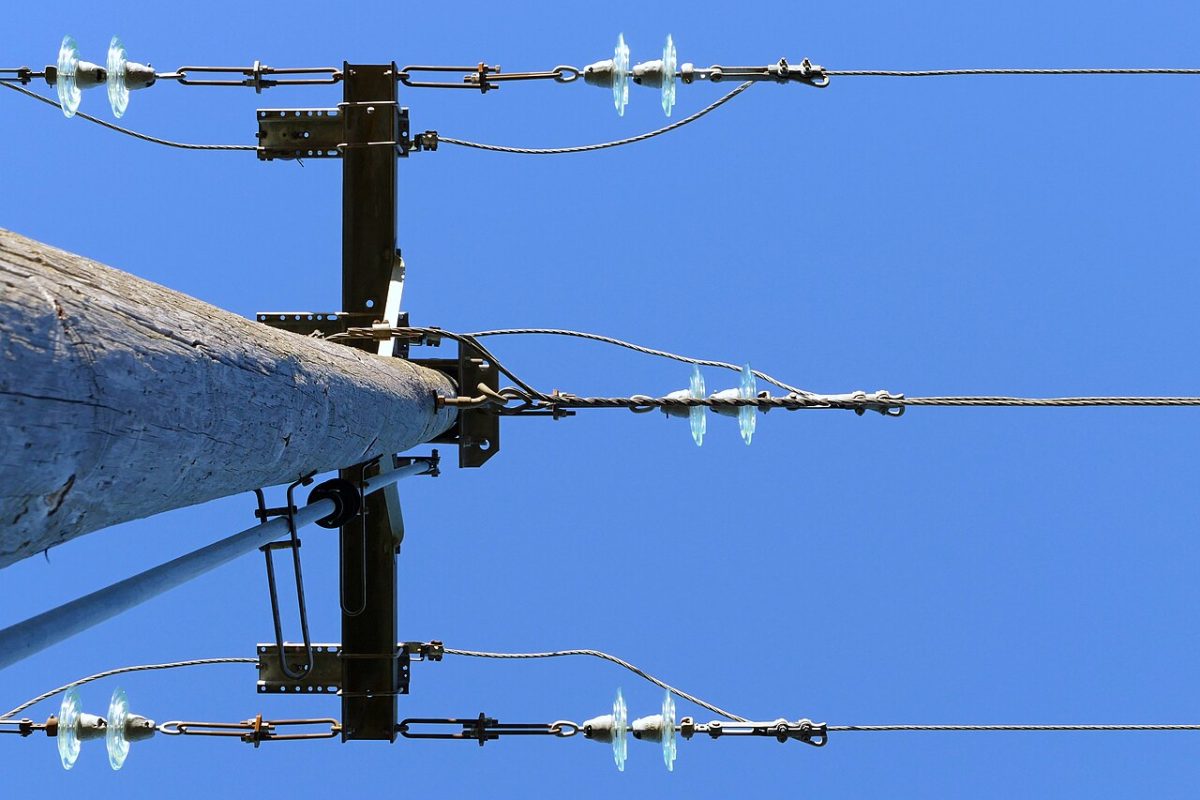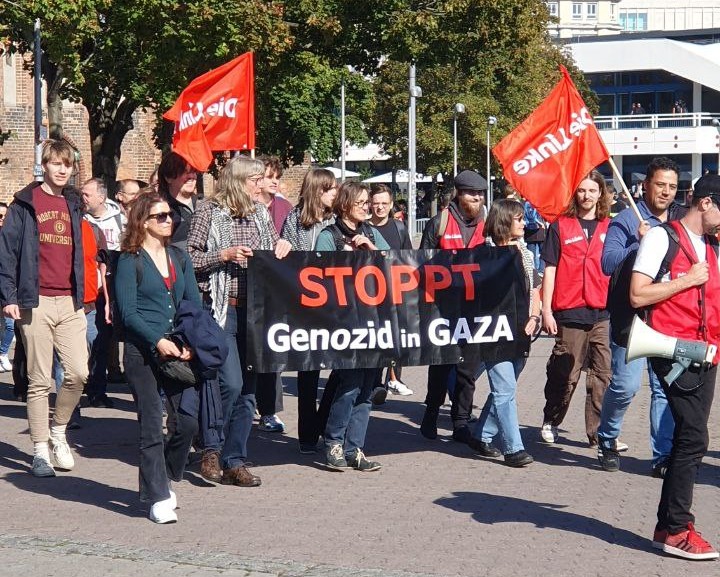NEWS FROM BERLIN
Berlin scene celebrates its way back into the clubs
Berlin’s clubs are back: after the many pandemic-related restrictions, the industry is eager to return. But it continues to struggle with problems. Lutz Leichsenring, the press spokesman for the Clubcommission, wonders if that will ever “return to normality”. Not all artists are on tour yet, so it is difficult to build up a programme “that fills the place”. In addition, there are not yet as many tourists in Berlin, who, according to Leichsenring, made up about 20 to 30 per cent of the club guests before the pandemic. Besides, other issues such as lack of good personnel and club displacement continue to be a very important for the area. Source: rbb24.
Climate protest action in Berlin-Mitte
A group of climate protection, “Last Generation”, tore up the pavement in front of the Federal Ministry of Economics and Climate Protection. Next to it they laid pipes with the inscription “Qatar Stream” and held a banner with the inscription “Stop the fossil madness”. The protesters arrived earlier as construction workers in front of the official residence of Minister Robert Habeck (“die Grünen”). Since January, the group has repeatedly blocked motorways and disrupted traffic at airports in Berlin and other major cities, in order to push for more climate protection. Source: Morgenpost.
Already completely overloaded
There is no question that the naturalisation of foreigners living permanently in Berlin is in their own interest, but also society’s, which thereby binds people to itself and gains new voters and citizens. On the other hand, there is also no doubt many things are going wrong in Berlin, related to this subject. It starts with the fact the process is handled very differently in the twelve districts. For instance, if you live in Mitte, you can have your German passport just four months after applying, in Pankow it takes up to two years. Source: taz.
NEWS FROM GERMANY
Aldi-Süd: works council ends with tumult
On 14 April 2022, workers in Cologne-Ehrenfeld wanted to choose an election committee for the election of a works council at the Aldi regional company in Dormagen. So far, there is only one works council at Aldi-Süd in neighbouring Langenfeld. 526 participants were in the Maksim Hall in Cologne, although the invitation was deliberately issued at short notice. Among them, there were an estimated well over 100 branch managers, deputy branch managers and junior branch managers, who – according to the script of classic union busting – acted as anti-democratic troublemakers and chaots. They were recognisable by their black Aldi shirts. Source: Arbeitsunrecht.
Low wages are poison
Not so long ago, conservative politicians and neoliberal economists warned of the alleged danger of a price-wage spiral. High wage demands due to rising prices would only increase inflation, they argued. The good thing about this warning was that nobody really wanted to listen to it. Now even voices are getting louder that argue for strong wage increases on economic grounds because of the current situation. And these are by no means only voices from the trade union camp; with DIW President Marcel Fratzscher, one of the best-known economists in this country is also speaking out in favour of higher wages. Source: nd.



